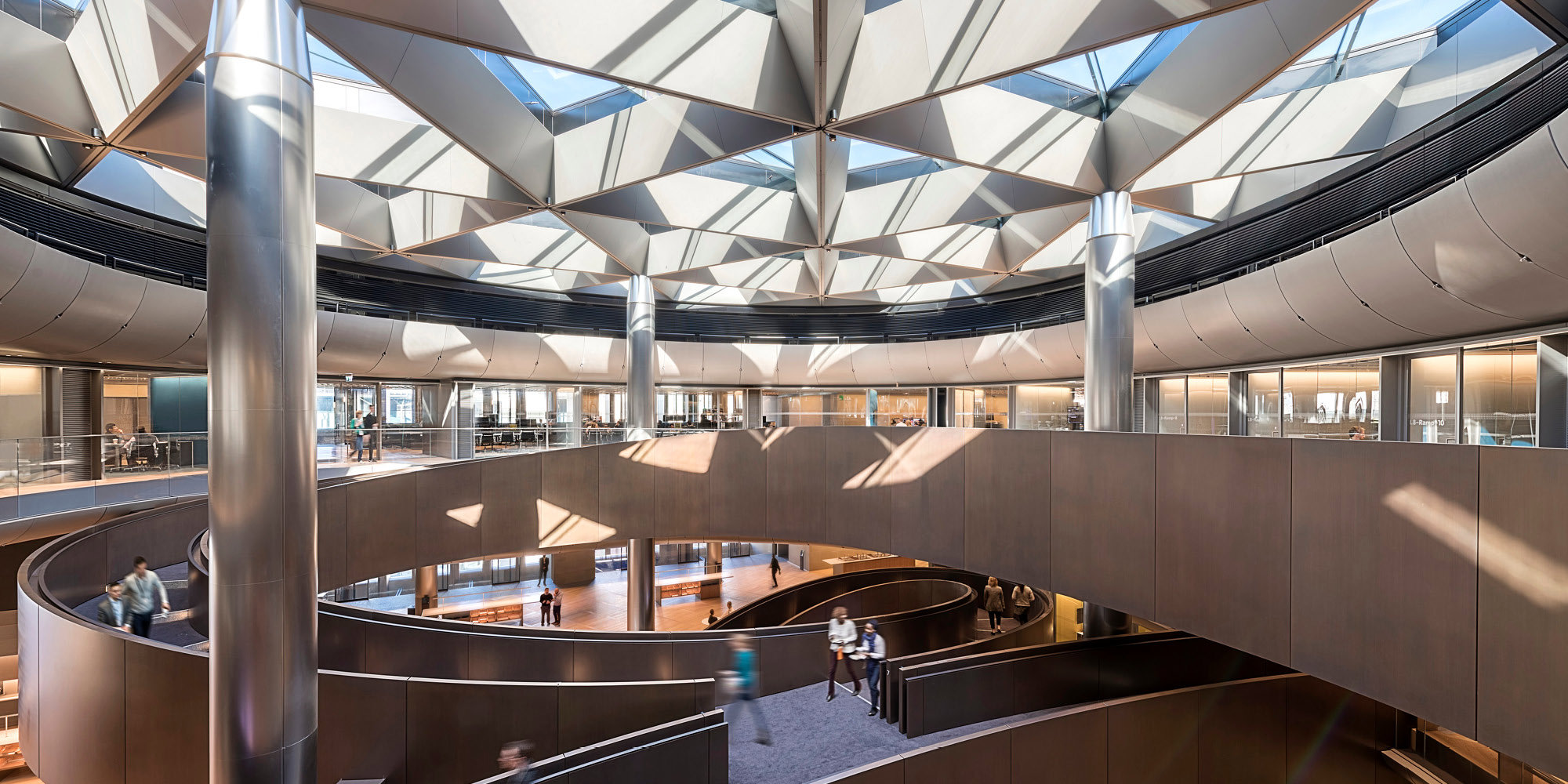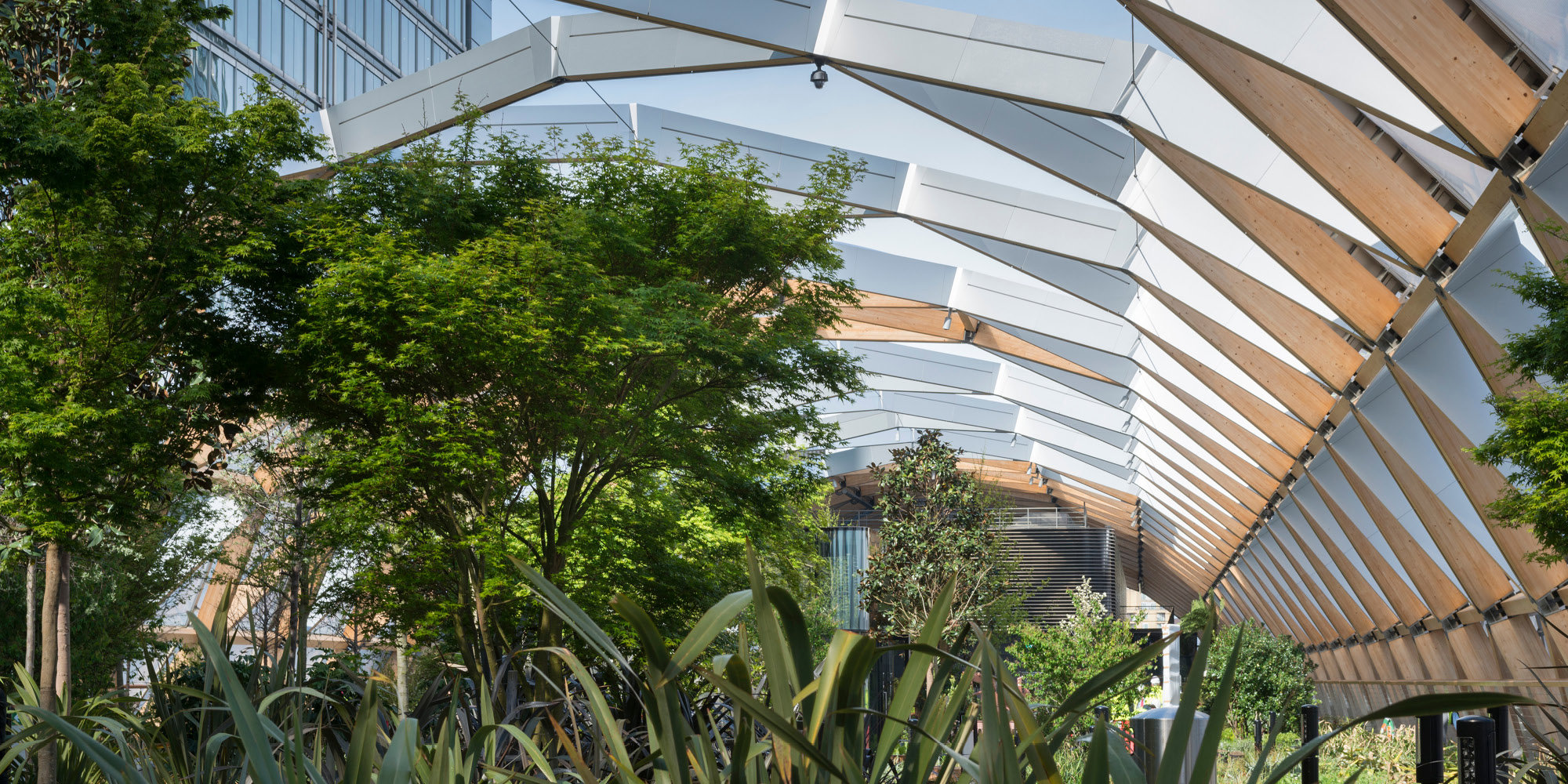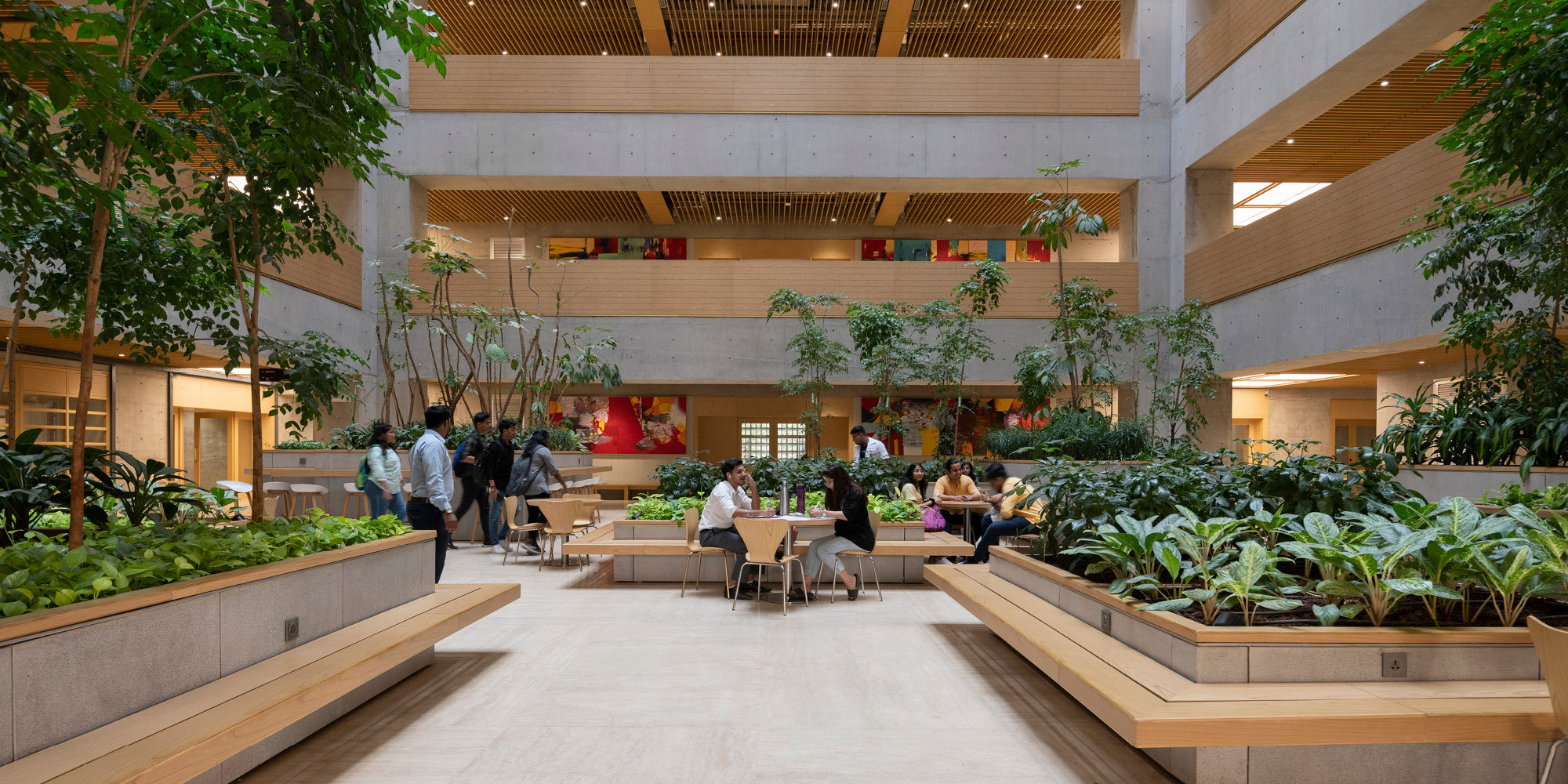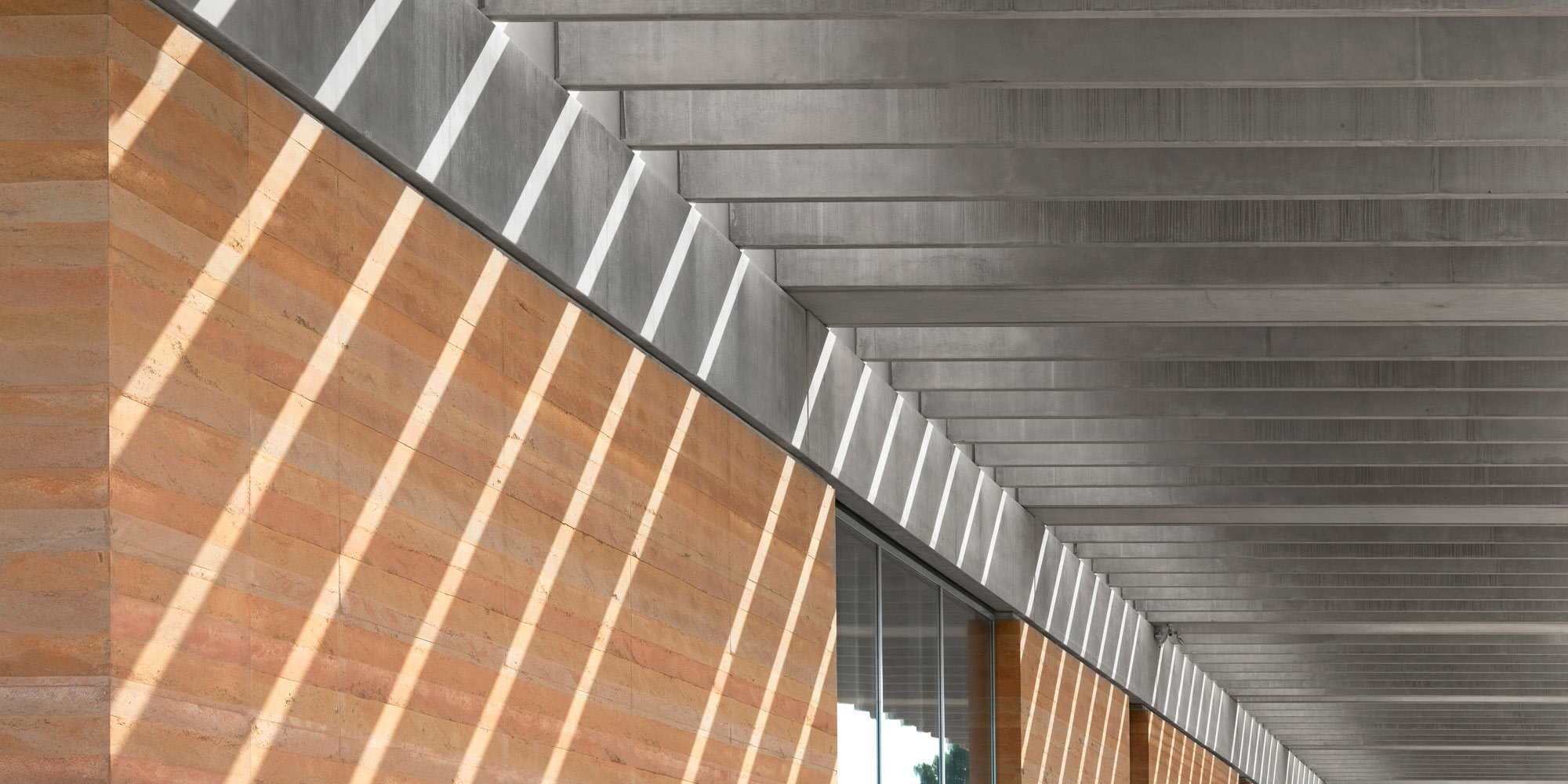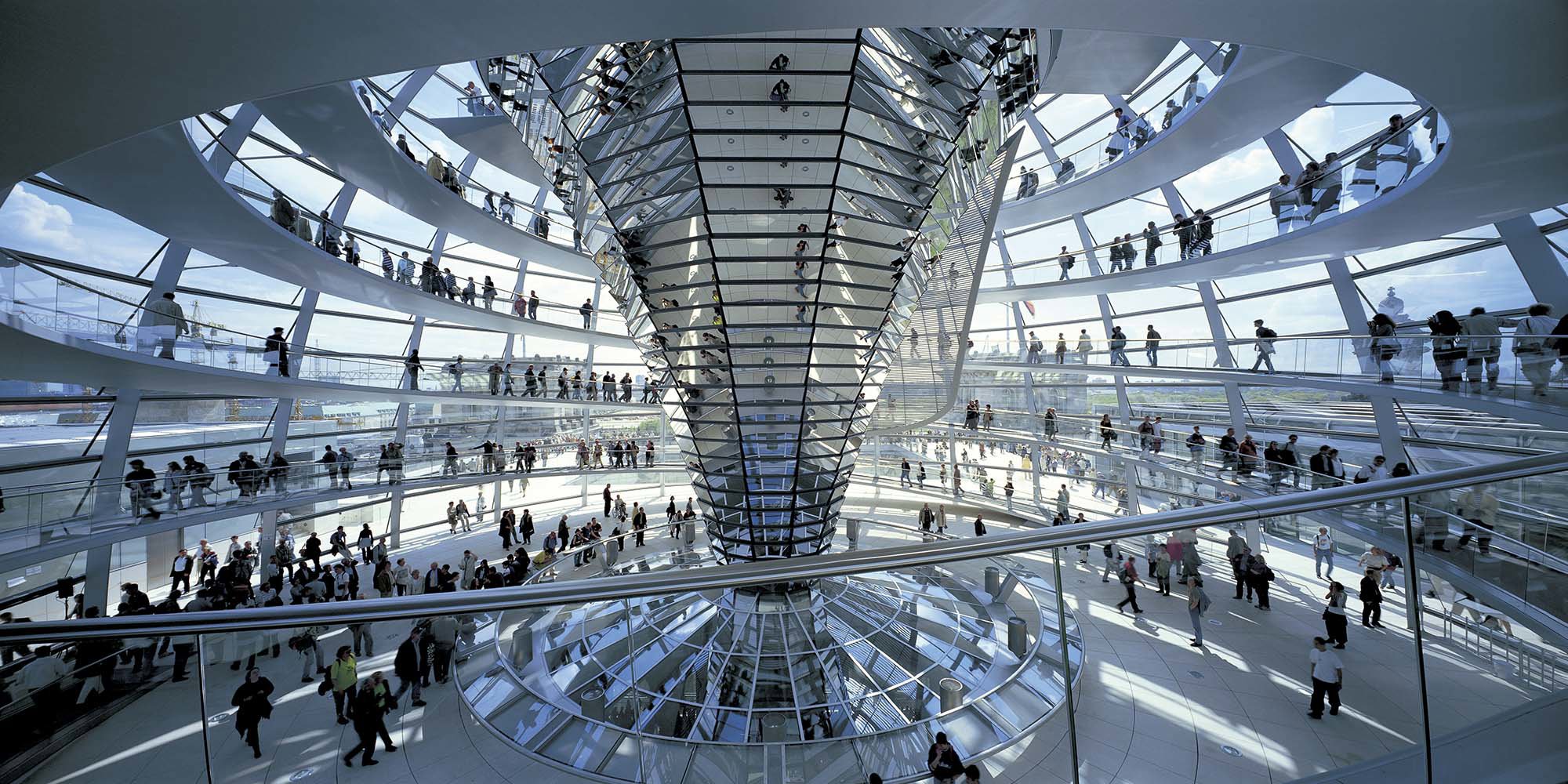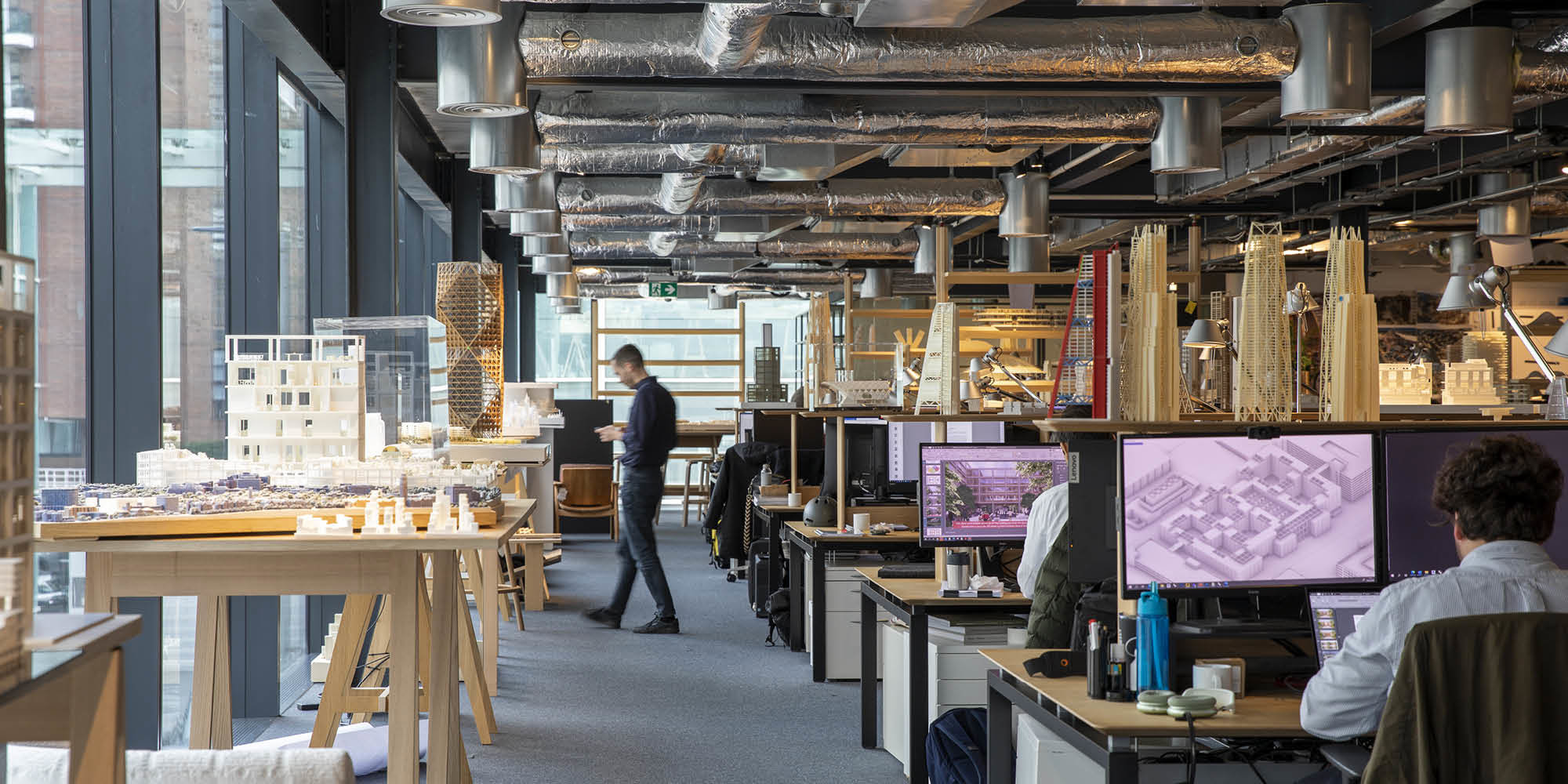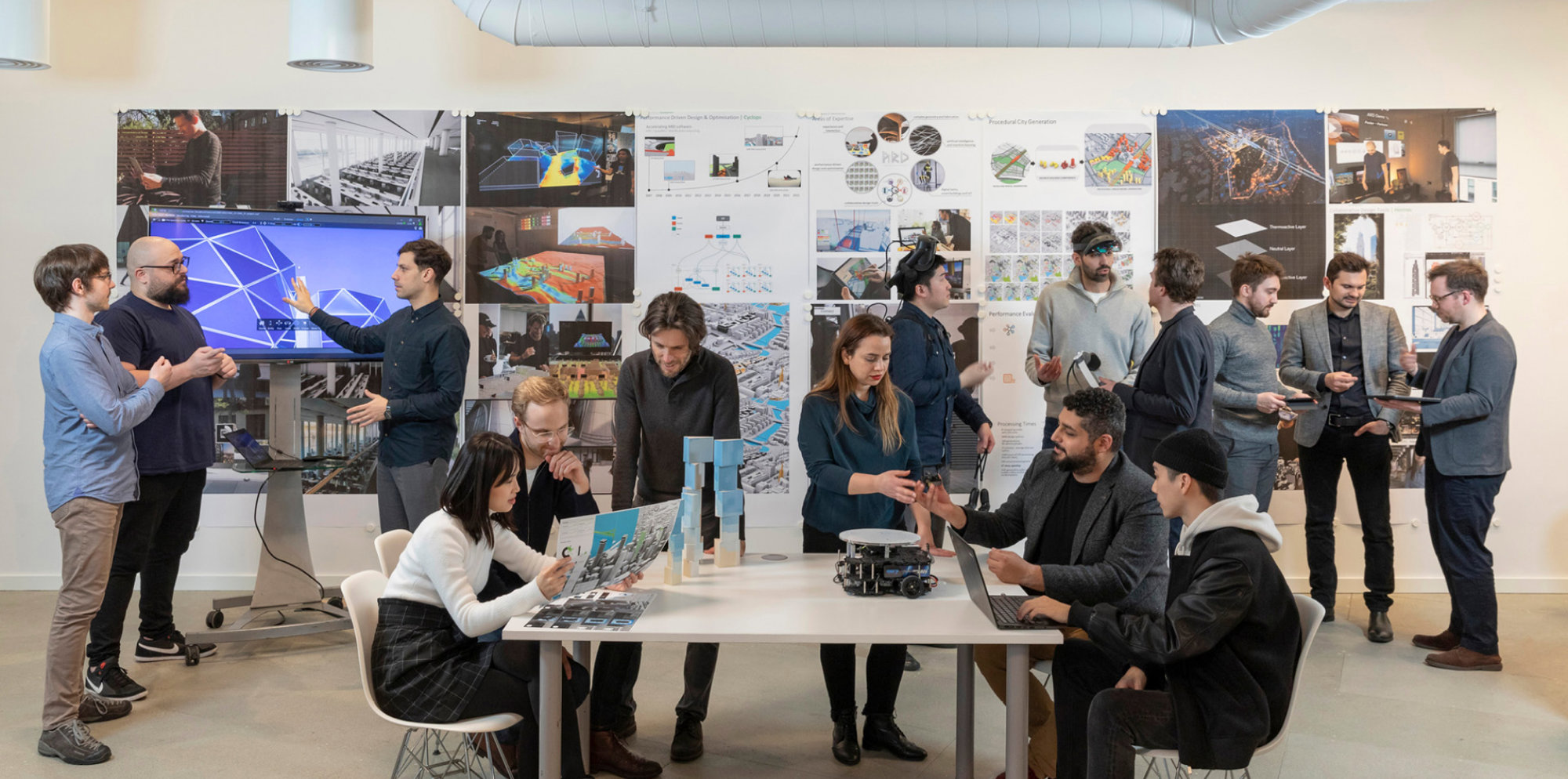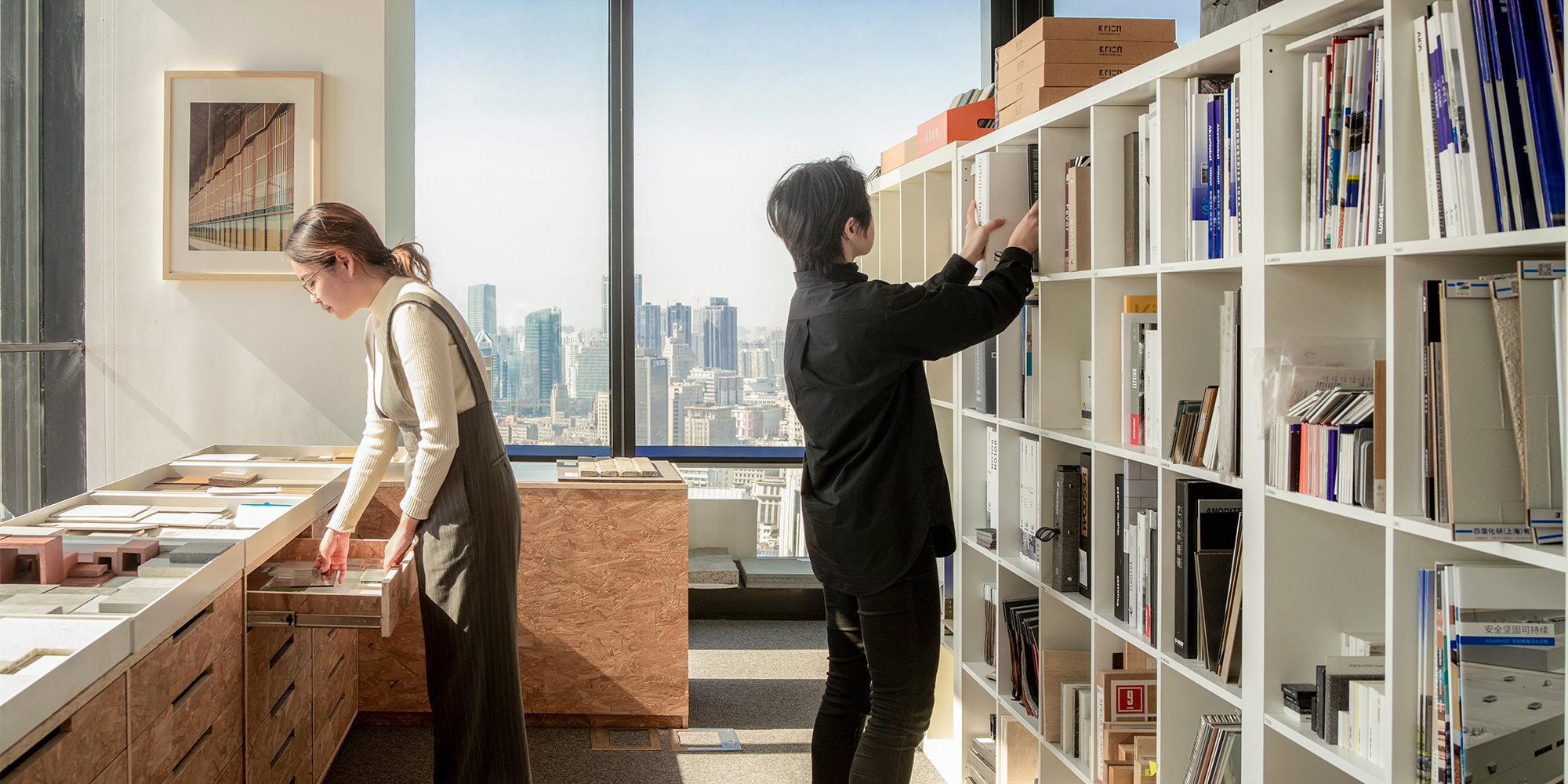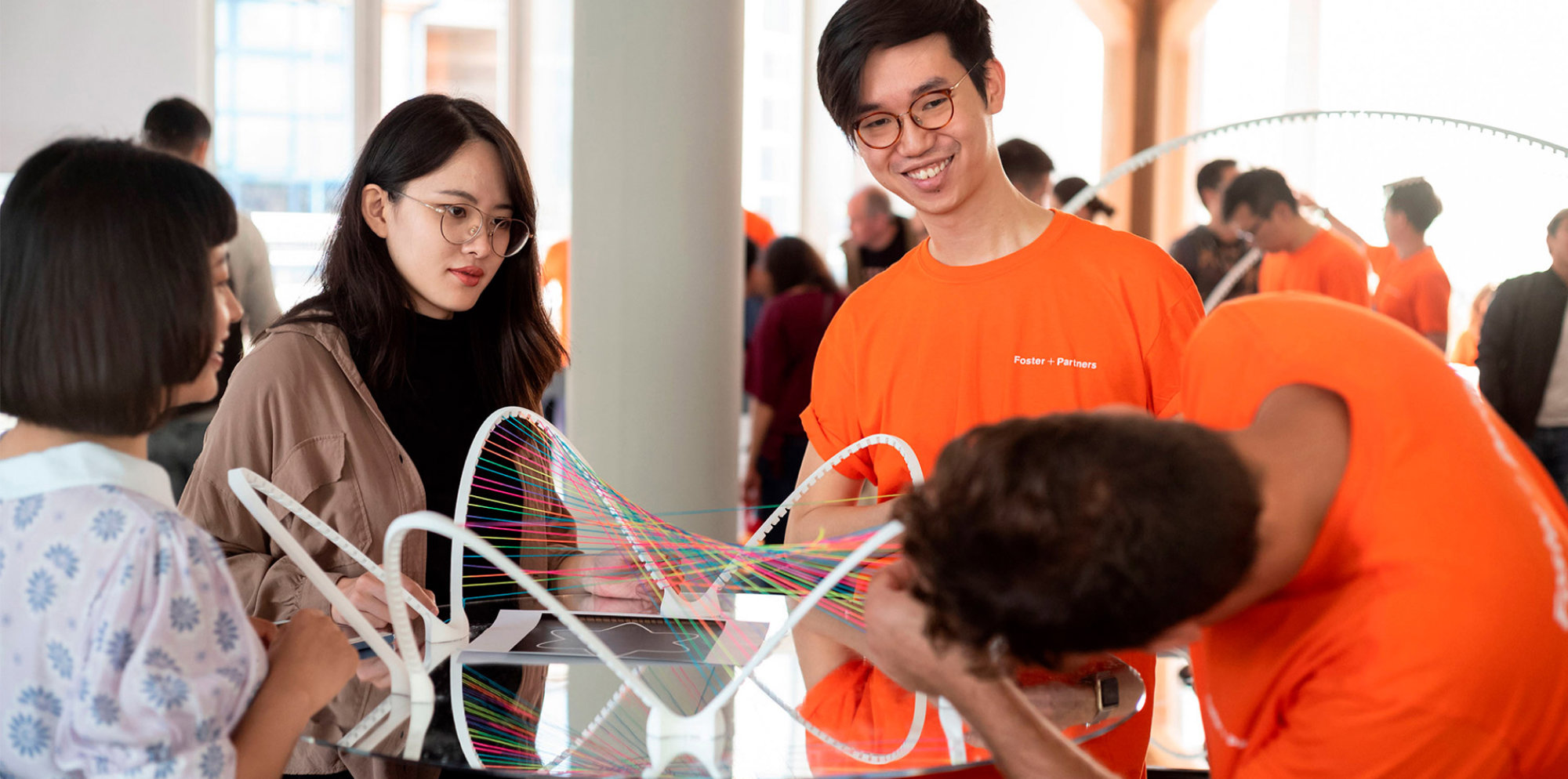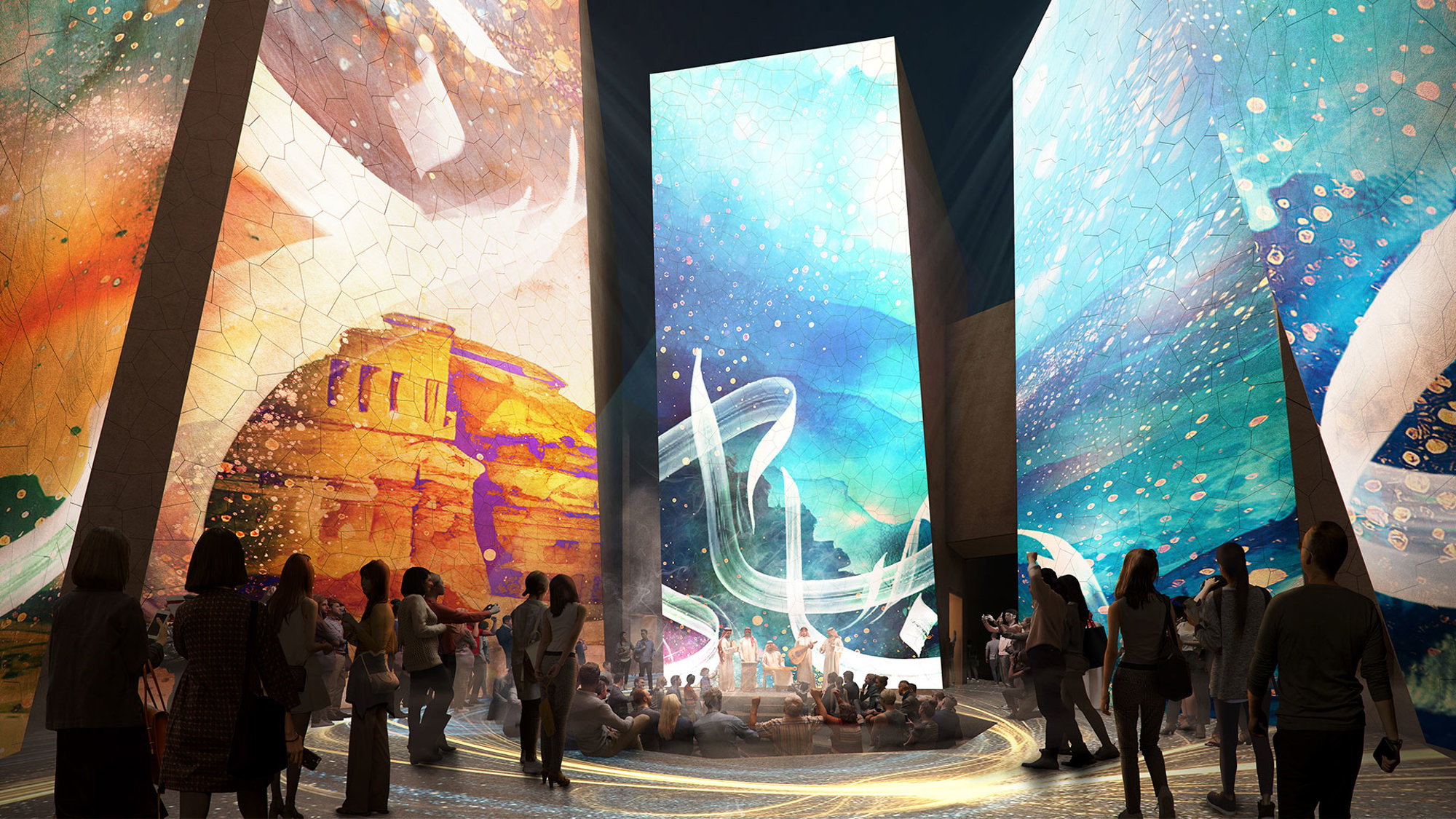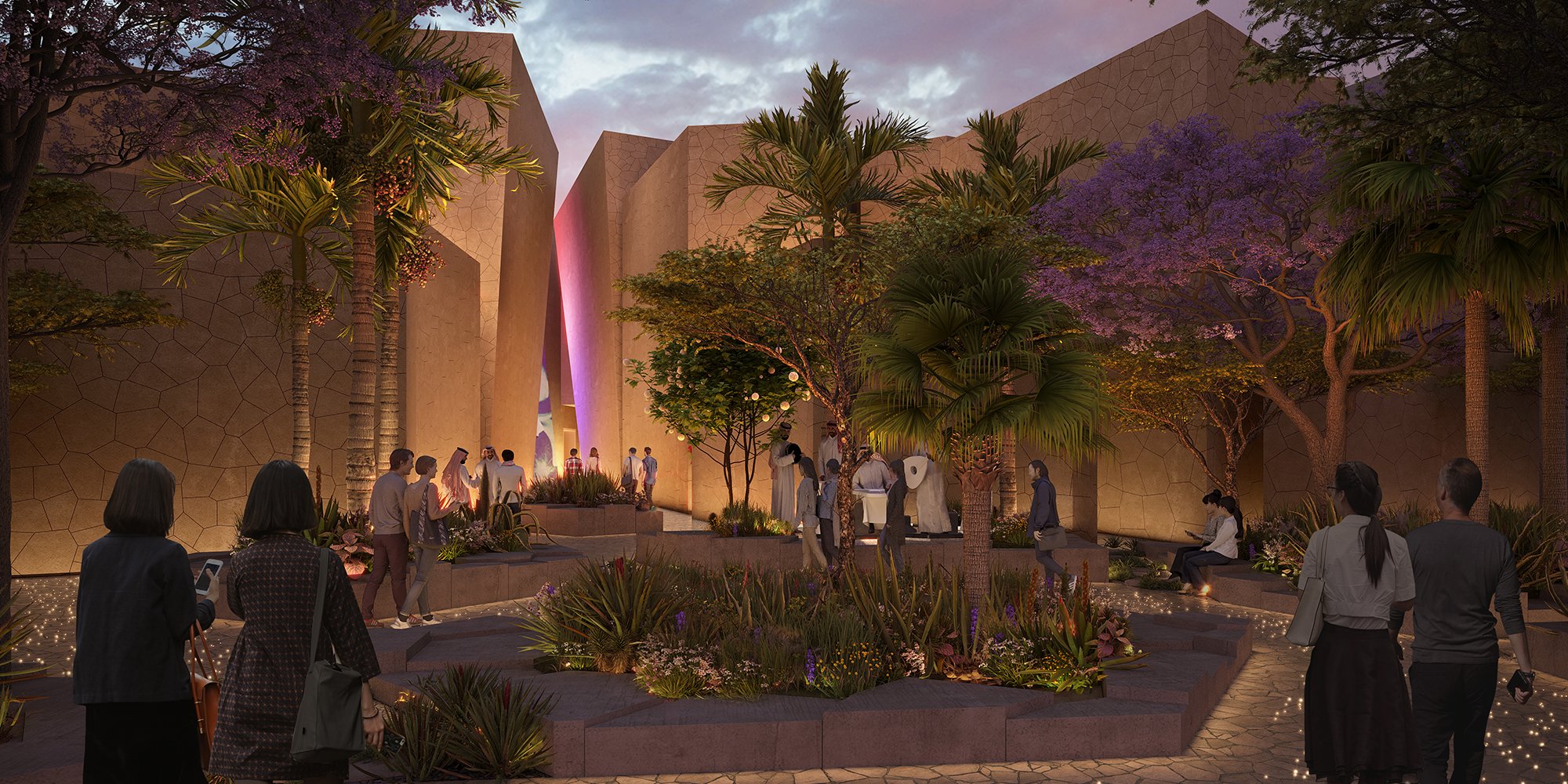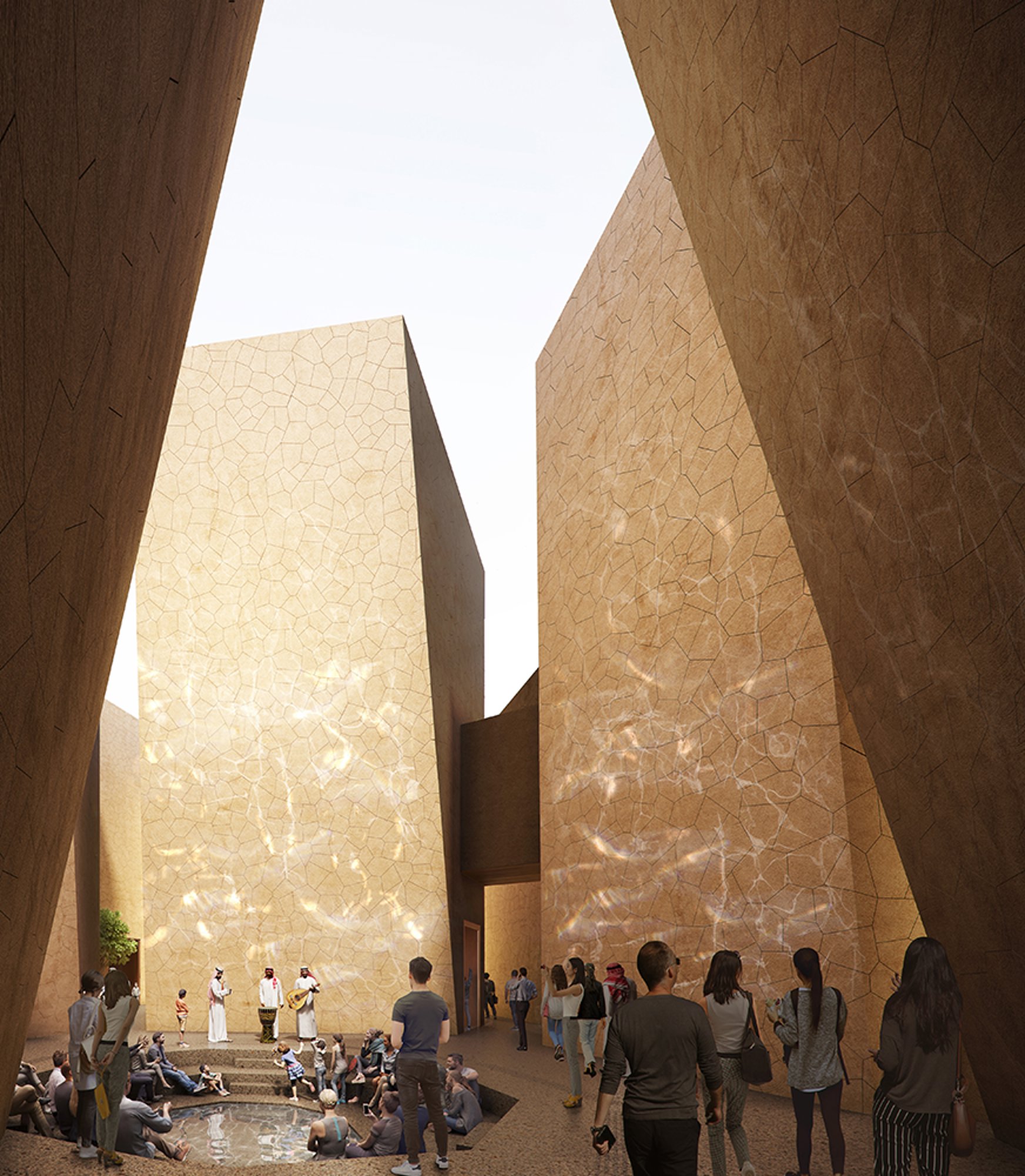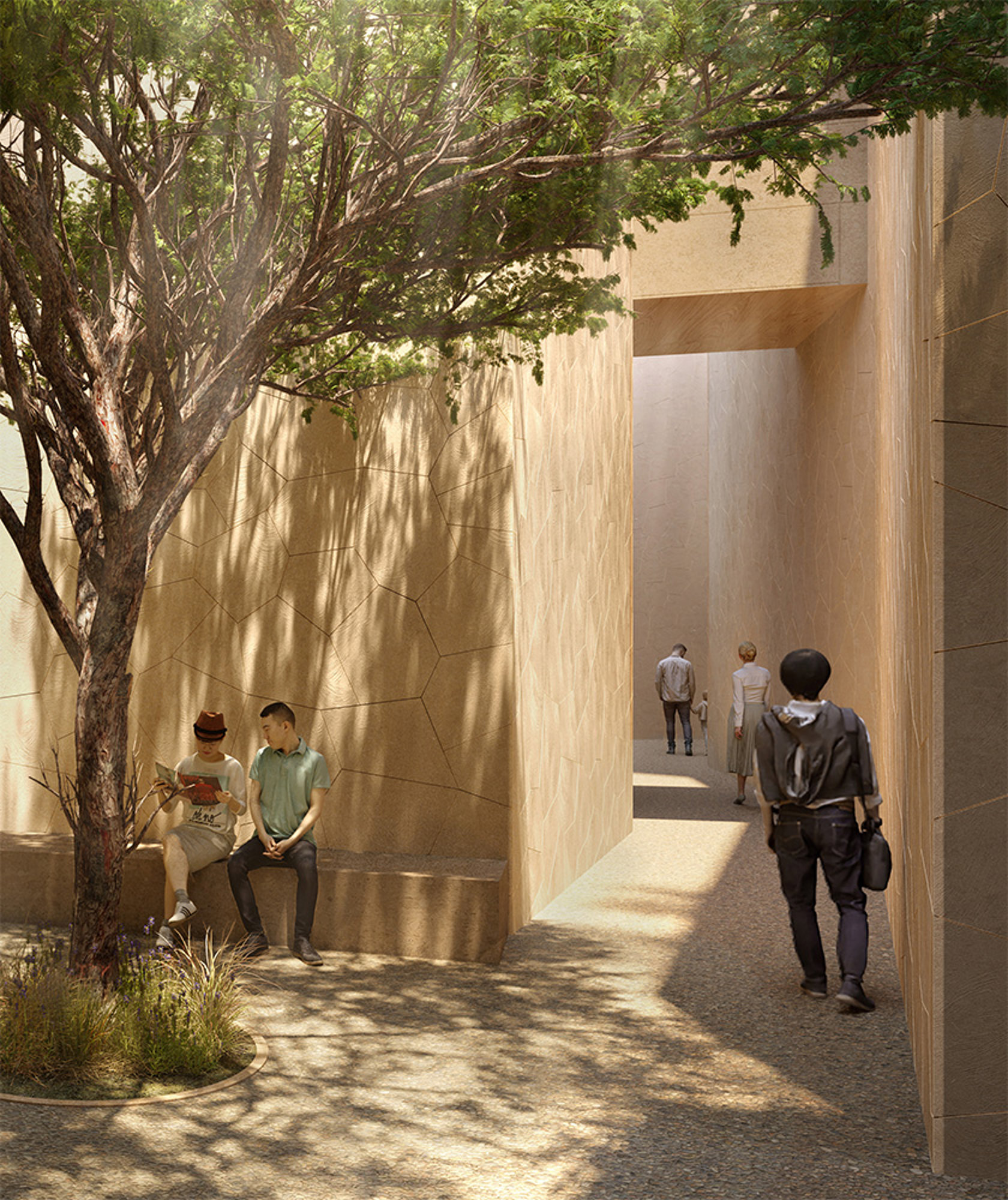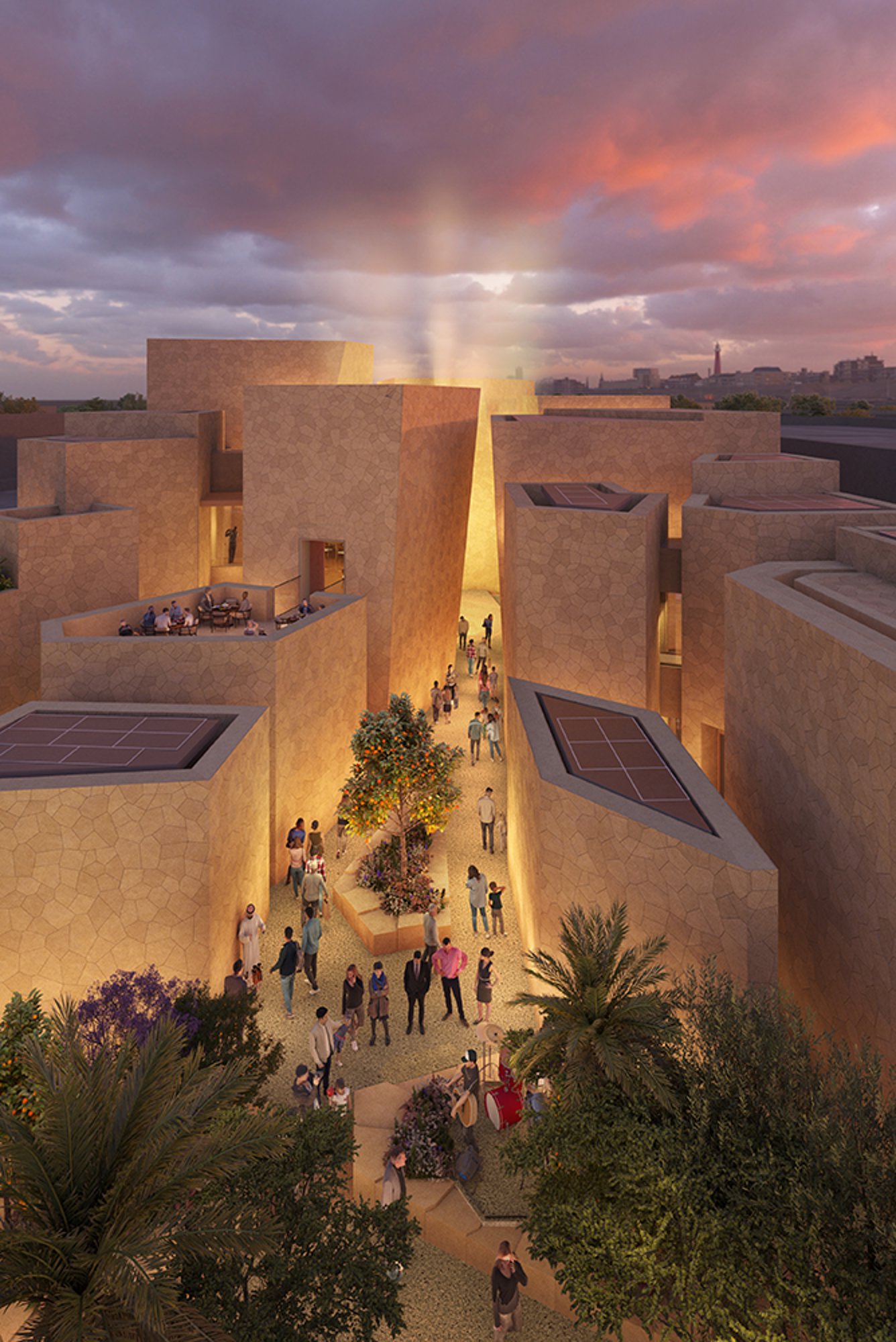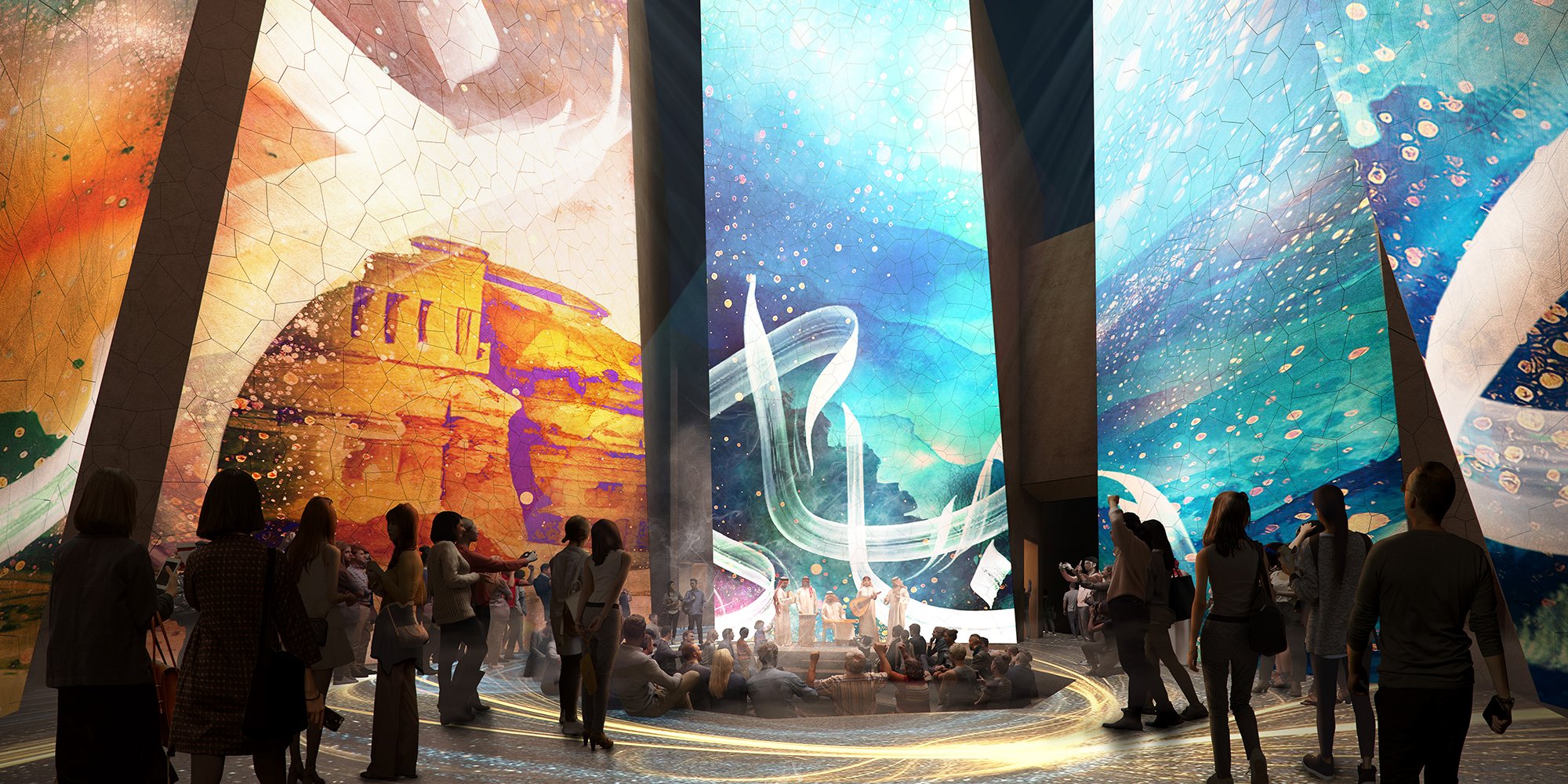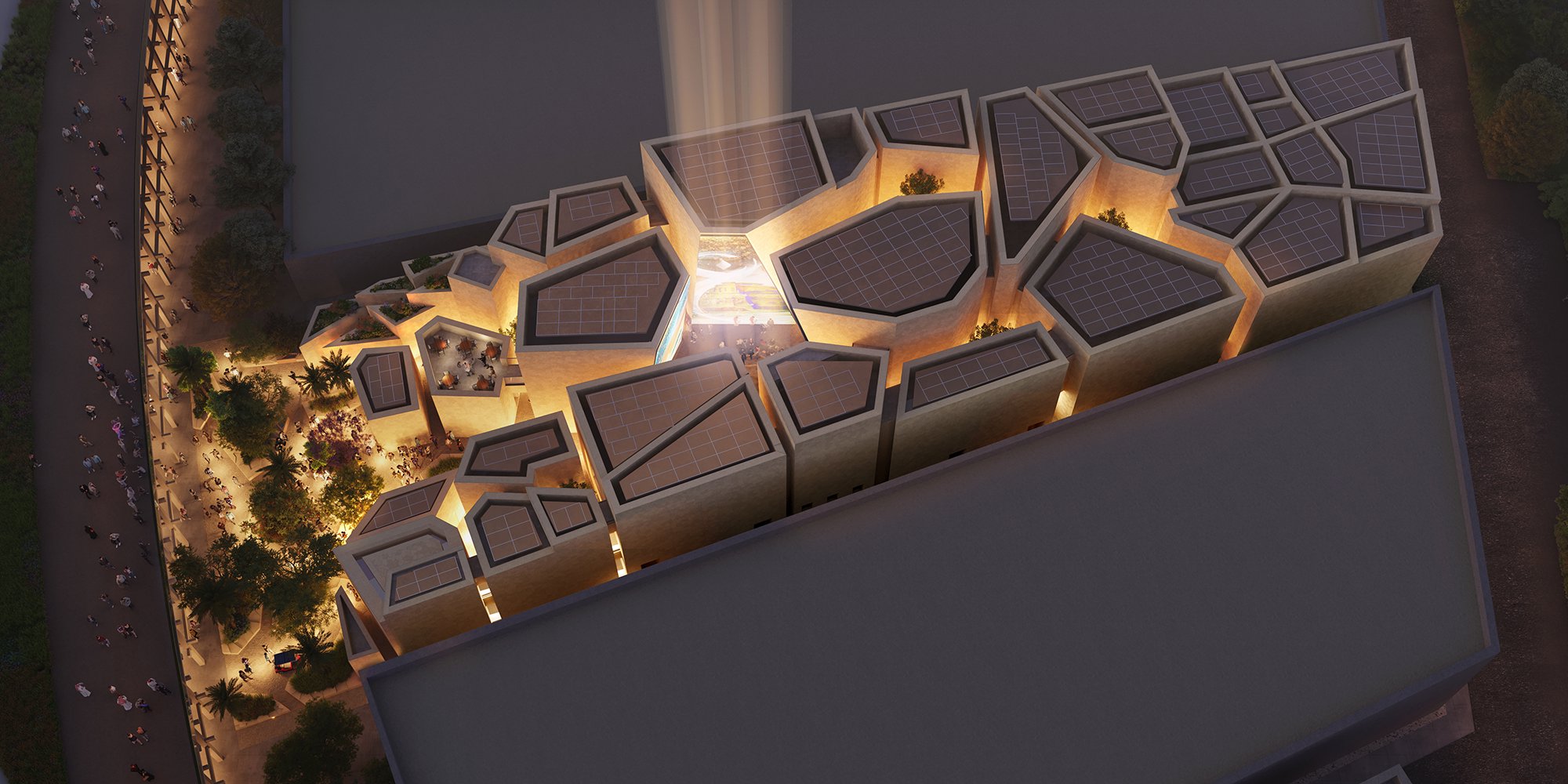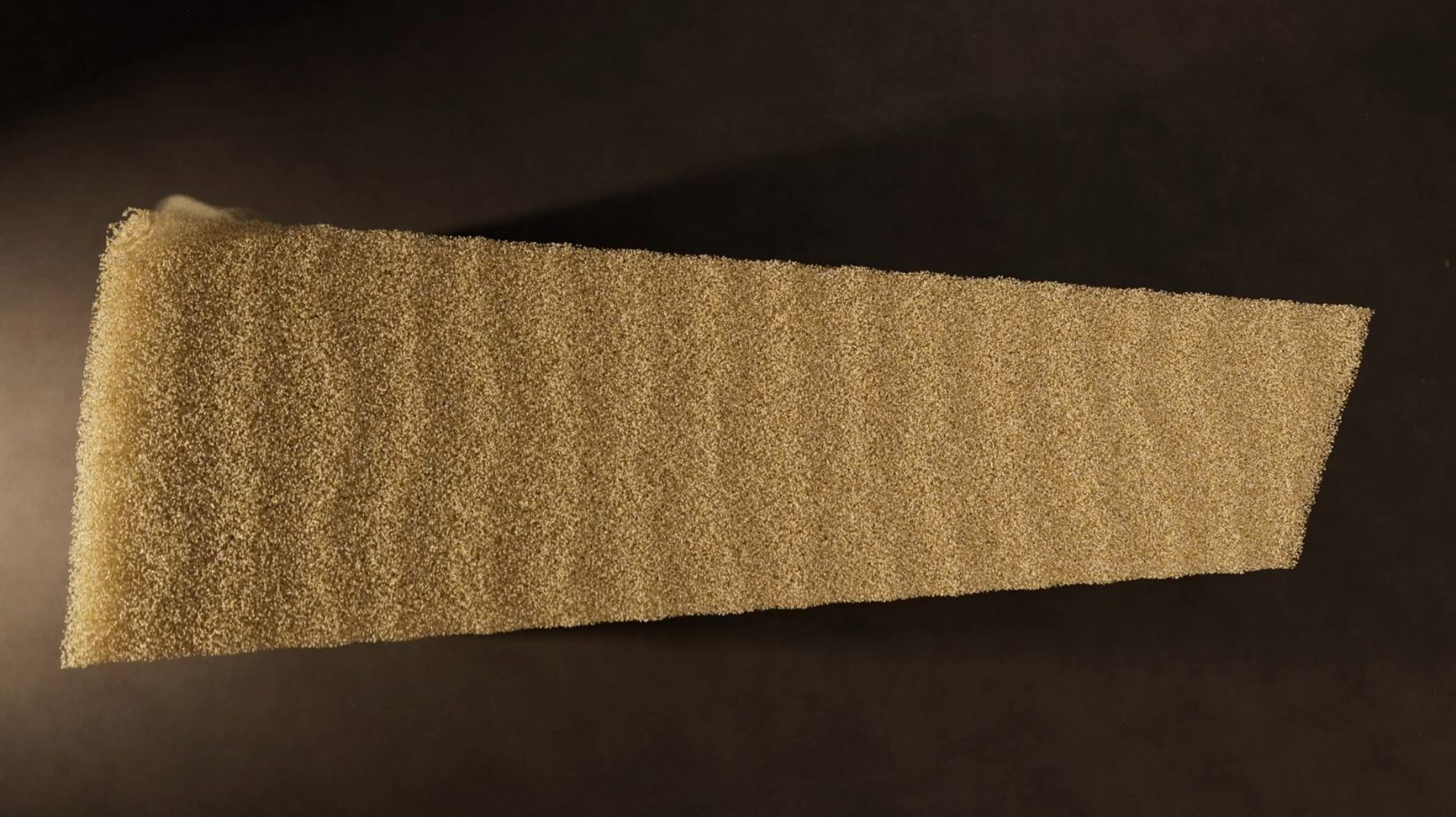Foster + Partners is designing the Kingdom of Saudi Arabia’s pavilion for Expo 2025 Osaka. Located on the Yumeshima waterfront, the pavilion creates a spatial experience that echoes the exploration of Saudi Arabian towns and cities, provides a setting for immersive audio-visual engagement and connects visitors with the undiscovered wonders of Saudi Arabia.
Luke Fox, Head of Studio, Foster + Partners, said: “The pavilion takes visitors on a journey of discovery and chance encounters that – layer by layer – paints a vivid picture of Saudi Arabian culture. Our design plays with scale, light, sound and texture to stimulate all of the senses, while showcasing some of the country’s most innovative and exciting accomplishments.”
The pavilion’s massing recalls the organic shapes of traditional Saudi villages and has been carefully designed using computational fluid dynamics simulations, to allow cool winds from the west into the streets during the height of summer. In the cooler months of April and October, the landscaped forecourt acts as a barrier to protect the pavilion from harsher northerly winds.
Visitors enter the pavilion through a verdant forecourt, planted with Saudi Arabian flora, and walk through narrow streets that lead to the Saudi Courtyard, which is the beating heart of the scheme. The courtyard allows for moments of quiet reflection during the day and transforms into a venue for performances and events at night. From here, visitors are invited to explore a ‘village’ of meandering streets, with windows and doorways into a series of immersive spaces, designed in close collaboration with 59 Productions and Squint/Opera.
Leo Warner, Director, 59 Productions, said: “Architecture and story have been woven together via this uniquely collaborative design process. The pavilion will be a social organism, incubating the work of contemporary Saudi practitioners in state-of-the-art facilities, and dynamically integrating their work into immersive experiences that evolve throughout the 6 months of Expo.”
The pavilion is made from low carbon materials, includes energy saving luminaires, adopts rainwater recycling and incorporates photovoltaic technologies that generate electricity. The project aims to achieve the Japanese green building rating system’s highest level and is on track to achieve the Net Zero Operational Carbon target. In addition, a series of WELL design principles have been implemented to enhance the health and wellbeing of occupants.
Tony Miki, Partner, Foster + Partners, said: “Creating a legacy for the pavilion, once the Expo comes to an end, has been central to the design process. The structure’s cladding is made from lightweight Saudi stone and designed to be efficiently deconstructed and reassembled, or completely reconfigured, to meet different requirements in a future location.”
This inherent flexibility will significantly extend the lifespan of the pavilion and enhances its sustainable credentials.
